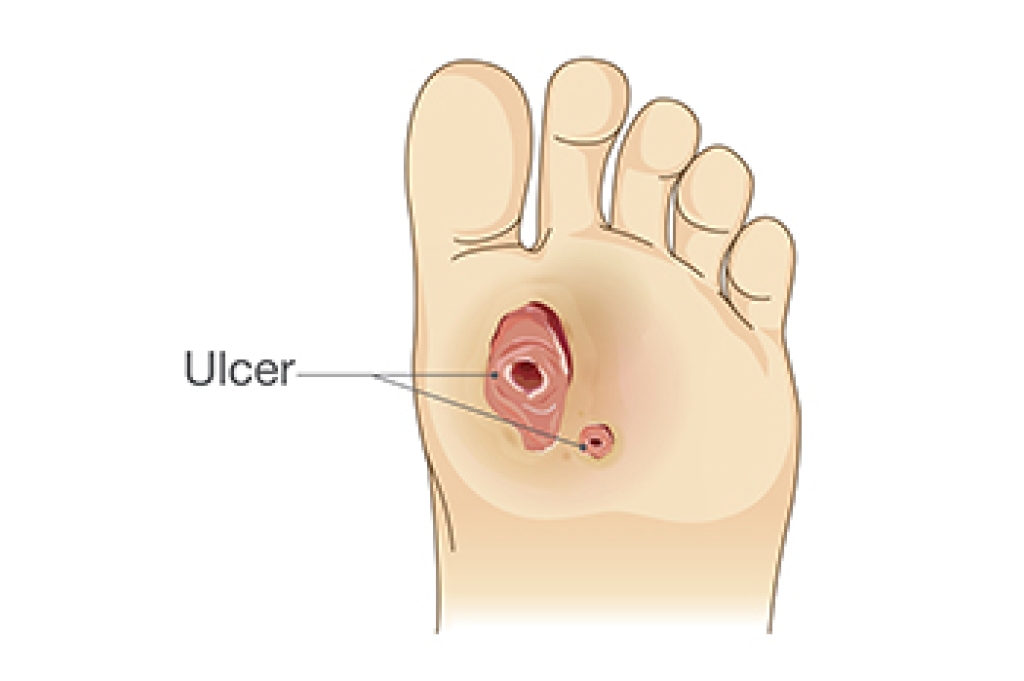
Strengthening the ankles is an important way to improve stability and reduce the chance of future injury. The ankle joint, which connects the leg to the foot, relies on surrounding muscles and ligaments for balance and support. When those tissues become weak, the foot may be more prone to sprains, instability, or recurring pain. Ankle exercises that focus on strength can be grouped into static, resistance, and dynamic movements. Static exercises allow the ankle muscles to tighten without moving the joint, helping to rebuild strength after an injury. Resistance work, such as using bands to push or pull the foot in different directions, helps improve stability in daily walking or running. Dynamic exercises target the arches and toes, such as lifting the arch, scrunching a towel with the toes, or picking up objects to build strength in the smaller muscles of the foot. If you have ankle weakness, it is suggested that you schedule an appointment with a podiatrist for an exam and appropriate treatment.
Exercising your feet regularly with the proper foot wear is a great way to prevent injuries and build strength. If you have any concerns about your feet, contact one of our podiatrists from Cleveland Foot & Ankle Clinic. Our doctors can provide the care you need to keep you pain-free and on your feet.
Exercise for Your Feet
Exercise for your feet can help you gain strength, mobility and flexibility in your feet. They say that strengthening your feet can be just as rewarding as strengthening another part of the body. Your feet are very important, and we often forget about them in our daily tasks. But it is because of our feet that are we able to get going and do what we need to. For those of us fortunate enough to not have any foot problems, it is an important gesture to take care of them to ensure good health in the long run.
Some foot health exercises can include ankle pumps, tip-toeing, toe rises, lifting off the floor doing reps and sets, and flexing the toes. It is best to speak with Our doctors to determine an appropriate regimen for your needs. Everyone’s needs and bodies are different, and the activities required to maintain strength in the feet vary from individual to individual.
Once you get into a routine of doing regular exercise, you may notice a difference in your feet and how strong they may become.
If you have any questions, please feel free to contact our offices located in Cleveland, Independence, and Kent, OH . We offer the newest diagnostic and treatment technologies for all your foot care needs.




